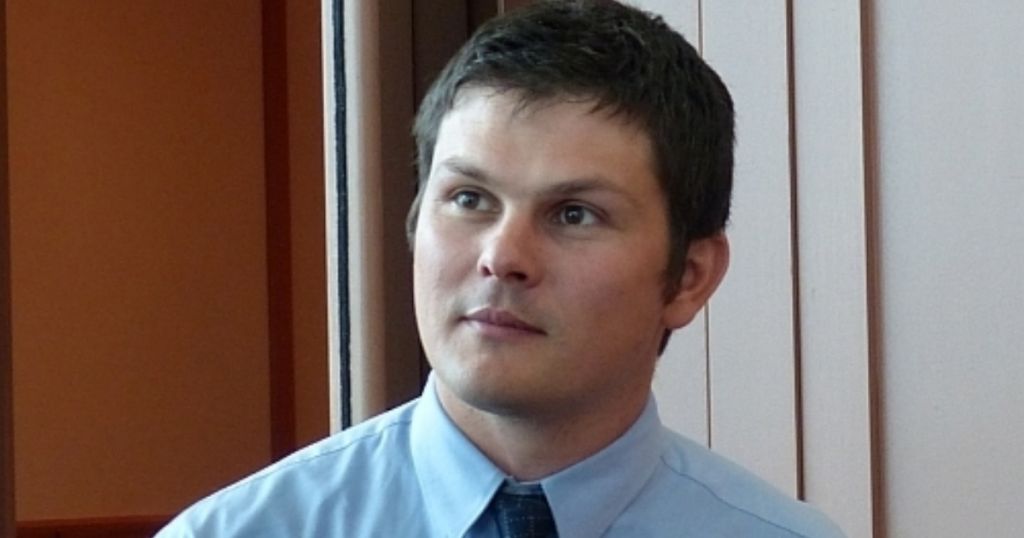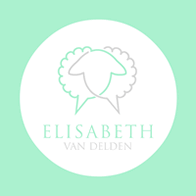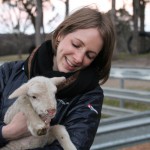#076 Stephen Wiedemann about Wool Life Cycle Assessment

Stephen Wiedemann is a leading expert on Life Cycle Assessments (LCA) for livestock systems. In this podcast interview, he shares the latest research results on the LCA for wool. He gives details on research conducted on different areas of the wool supply chain including the manufacturing stage and consumer use stage. Stephen also talks about the importance of the wool industry engaging with retailers and brands to explain why the Life Cycle of wool is different and how brands need to take this into account when calculating their product footprints.
About Stephen Wiedemann
Steve is an agricultural systems scientist and principal at Integrity Ag Services. Steve’s professional experience is focussed on livestock production and supply chains, resource management, sustainability and environmental regulation. With over 30 peer-reviewed publications and 17 focussed on life cycle assessment, Steve is a science leader in the fields of greenhouse gas, water assessment, energy, nutrient and land management in livestock systems. Steve is an advisor to the Australian Government Greenhouse Gas Inventory and Emission Reduction Fund teams. Steve is also a technical advisory member of the Livestock Environmental Assessment and Performance (LEAP) partnership, a global initiative coordinated by the UN Food and Agriculture Organisation.
Steve has been working on sheep and wool related life cycle assessment projects over the past 10 years and has six major LCA publications in this area.
Steve comes from a family farming background with sheep and wool, cattle and cropping in northern NSW, where he now owns manages a small farming operation.
Connect with Stephen Wiedemann here
Website of IntegrityAg
IWTO LCA Technical Advisory Group
IWTO LCA Guidelines
IWTO Fact Sheets
SIFO Wool use review
SIFO microplastics
Key Time Stamps
[spp-timestamp time=”00:53″] About Stephen Wiedemann
[spp-timestamp time=”01:47″] About Integrity AgServices
[spp-timestamp time=”02:24″] About the IWTO LCA Technical Advisory Group
[spp-timestamp time=”03:09″] About Life Cycle Assessment?
[spp-timestamp time=”05:26″] Why is it important for the wool industry to undertake LCAs?
[spp-timestamp time=”06:38″] Do other textile fibres do LCA research?
[spp-timestamp time=”07:39″] What topics did the LCA TAG work on recently?
[spp-timestamp time=”09:59″] LCA on the wool processing stage
[spp-timestamp time=”13:15″] The use and reuse phase of the wool life cycle
[spp-timestamp time=”19:35″] How to apply the research results
[spp-timestamp time=”22:00″] Why is it important to engage with brands and retailers on LCA?
[spp-timestamp time=”23:04″] Can wool make a difference in the LCA space?
[spp-timestamp time=”26:43″] What other LCA research needs to be done?
Similar podcast episodes you may like
#015 Beverley Henry from the Queensland University of Technolgy about LCA
#019 Kjersti Kviseth from 2025 Design from Norway about the circular economy
#030 Ingun Klepp from the Consumption Research Norway about wool sustainability
#036 Dave Maslen from New Zealand Merino about research on sustainability
#051 Steve Ranford from AgResearch in New Zealand about wool as a biocomposite
#054 Stephen Russell from Leeds University in the UK about wool textile recycling

